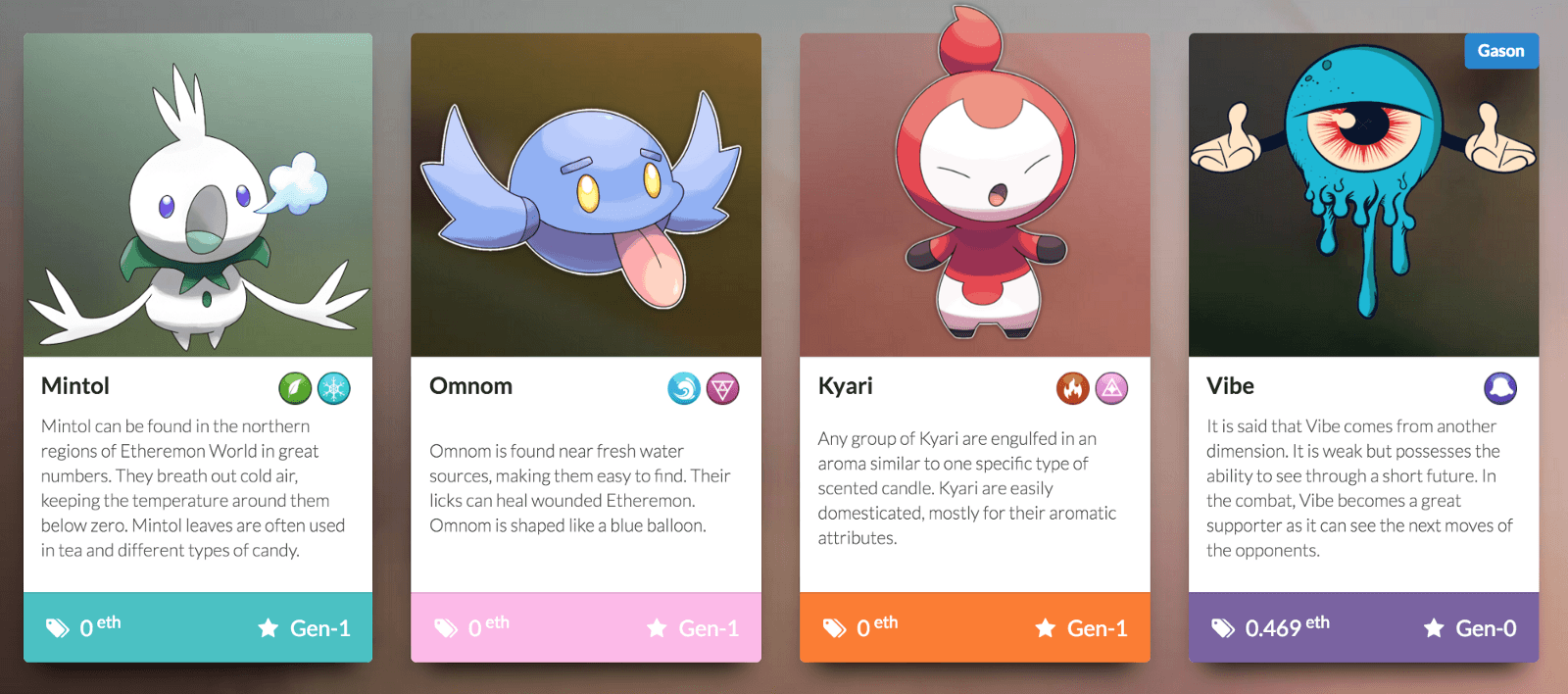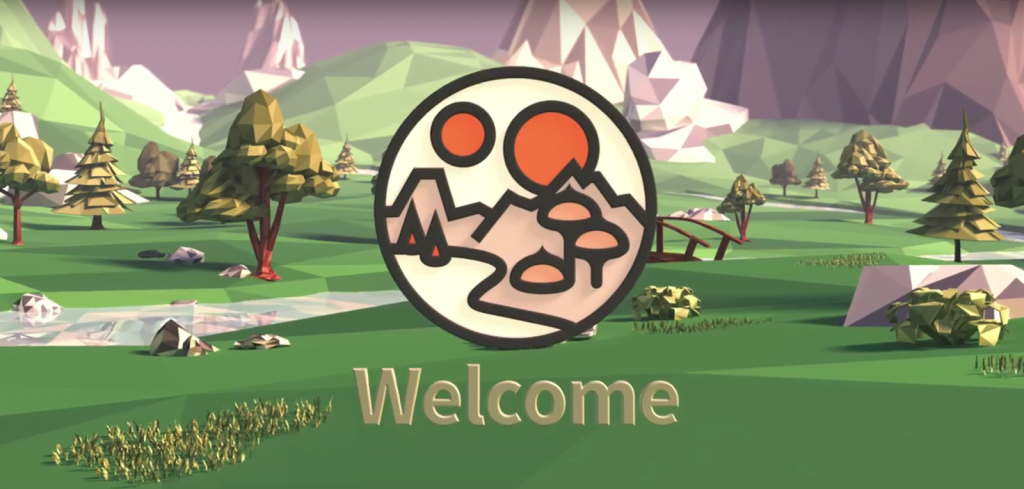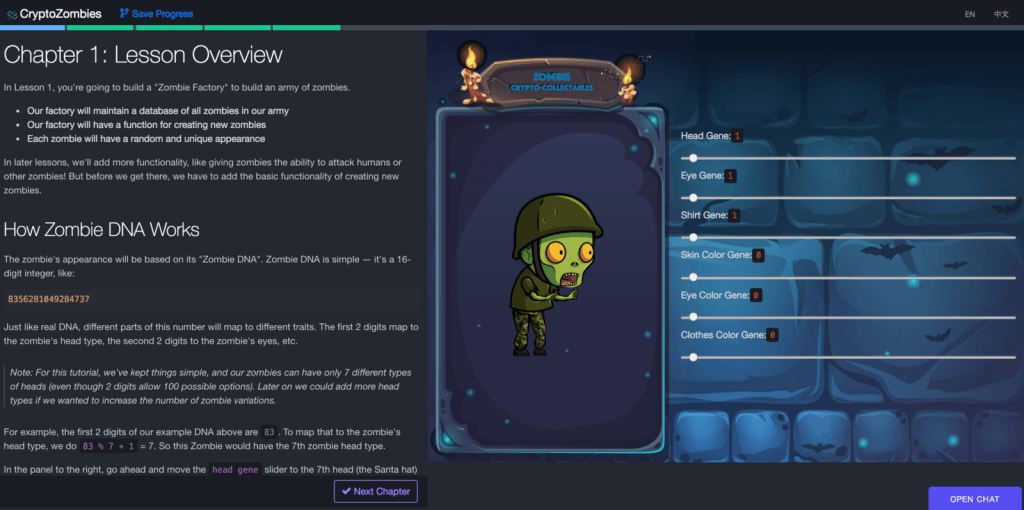From banking to gaming, blockchain is everywhere in 2018. Here’s how it could change the gaming industry in the immediate future.
Q2 hedge fund letters, conference, scoops etc
August 16, 2018. As blockchain-based applications grow increasingly popular, the decentralised anonymous software is seemingly penetrating all spheres of life. From its use in medical records and online education, to fintech and gaming, it seems increasingly apparent that blockchain technology is not going anywhere soon.
Explained simply, blockchain is anonymous, and its appeal comes in its removal of a middleman. This speeds up interactions between x and y user. For example, if x sends money to y using a blockchain-powered app, then y will immediately receive the money because there is no intermediary (for example, a bank) involved. This lack of a middle man is also of mass appeal to the gaming industry.
Gaming industry experts predict that it will also benefit from the adoption of blockchain in not-so-distant future. Here’s how:
Instant transactions between players
The following sounds sinister, but don't worry - it isn't! CryptoKitties allows for the buying, breeding, and trading of (virtual!) cats that are actually cryptocurrencies. Users can trade these blockchain kitties between themselves as they seek to grow their collection. CryptoKitties set the groundwork for virtual pets, and since it came into the market, CryptoPets and Etheremon followed, with the latter using a Pokémon-like battle structure to attract nostalgic '90s-kid gamers.
Immediate interaction between online players, and best of all, NO ADS
What’s more, gamers love mobile gaming, but having to register via their Facebook accounts to play a game can be a drag as a result of the amount of targeted ads and data collection risks that come with Facebook. Blockchain's anonymity and its absence of an intermediary allows for the immediate collaboration between players, as well as instant rewards for "levelling up". One particular blockchain-powered example is Swace, which engages users in social gaming that requires physical collaboration with each other. In return, it offers valuable rewards. For example, its players may be asked to find 3D objects in certain locations by using augmented reality. Collecting or spotting these objects earns players rewards, while providing entertainment, physical activity, and the chance to hang out with online friends. Gamers who complete all the steps of a Swace game share the tokens in the final prize pool. The tokens can then be converted into cash, or used for purchases in Swace’s special brand store.
Integration with AR and VR technologies
Speaking of augmented and virtual realities, blockchain makes gamers’ 'IRL' dreams come true! Blockchain-games allow for the inclusion of AR and VR, and the immediate future is looking very exciting for gamers. Augmentors, scheduled for relief in Q4 2018, will create an AR battle-arena of collectable creatures. Meanwhile, Decentraland will take things a step further by using an ethereum blockchain-powered that allows for the creation and monetisation of content which could range between static 3d scene to interactive gaming systems.
Earn, learn, and play all at the same time
The final part of this list is the nurturing of the next generation of game developers via blockchain thanks to its removal of the middleman. One example of this direct educational interaction is Crypto Zombies, which is part game, part code school. The 'player' is taught by a 'teacher' who teaches them to write simple code and encourages them to see the game through the eyes of a developer. The aim: to get the player playing the game, then soon have them typing things like “pragma solidity ^0.4.19; contract ZombieFactory { start }” and customising their own product.
With blockchain seemingly here to stay, it appears that the gaming industry is set to enjoy the interactional, technological, and educational benefits that blockchain brings, irrespective of the area it is applied to.









